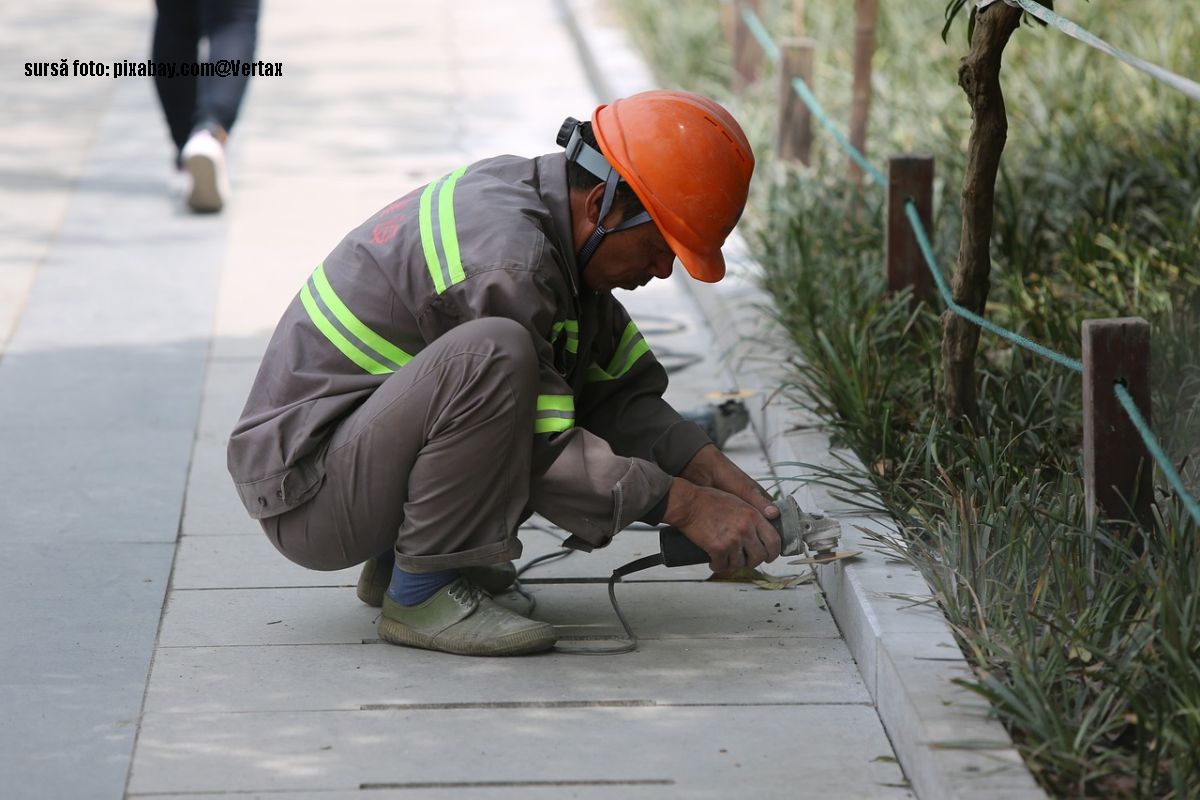Online teaching systems during isolation
The virtual medium remains the main alternative to classroom teaching

Monica Chiorpec, 29.04.2020, 12:00
Just like the rest of the planet, the Romanian society is constantly adapting to the paradigm shifts triggered by the novel coronavirus pandemic. As in any major crisis, vulnerable social categories are the most affected. A major pillar like the education sector, is also being reconfigured by the new social distancing rules. And as secondary and high school students try to keep up with the school curricula, the virtual medium remains the main alternative to classroom teaching.
“Young Initiative Association has invited teachers to a webminar on online teaching, where they can exchange best practices. Teachers Ana Andronache and Maria Stan discussed the pros and cons of distance teaching, together with human resources experts in the education sector.
Ana Andronache teaches English at “Horia Hulubei Highschool in Măgurele (Ilfov County). For her, online teaching has substantially facilitated the use of digital resources:
Ana Andronache: “I love this system where we no longer have to print a lot, to waste paper and other materials. Now it is very easy for us to show them live materials, images and videos that weve always wanted to present in the classroom, but we lacked the technology to do it. Another advantage is that online learning is a great learning opportunity for us—it certainly was for me. Ive learnt how to use a lot of new platforms, which I would never had the time to explore without this isolation period.
Maria Stan teaches English at the International Computer Science Highschool in Bucharest. What she misses the most these days is the direct interaction with the kids, and the children feel the same:
Maria Stan: “The biggest disadvantage of online teaching is the limited human contact. At first we were all enthusiastic that we had managed to find a way to see each other and stay in touch after all. On the other hand, most of the students told me they would never skip classes again, because they miss their classroom, the school environment.
But the lack of access to technology is one of the most important negative factors facing the Romanian education system. Teachers are trying to improvise special teaching methods for the children who havent got a computer with an internet connection. Here is Ana Andronache again.
Ana Andronache: “Those who dont have as much access to technology as the pupils in urban communities are at a disadvantage. What I can tell you, from the experience of other colleagues, is that they used WhatsApp on their parents phone, because in many cases there is just one smartphone in a family. But the teachers and parents talked and found a time when the kids would have access to that phone, so they managed to have these children involved as well. They managed to send them recordings of the classes, films, photos and other materials. So the issue of children without internet access was at least in part solved.
Obviously, the teaching process also requires a specific emotional and psychological state, which is characteristic to classroom teaching. And managing the behaviour of each student, now in front of a computer screen, is also a challenge.
Ana Andronache: “Another aspect we covered was the switch from classroom to online teaching, and we wanted to discuss what we call “classroom management. Our experience showed that students tend to speak all at once while online, they tend to use lots of emoticons during classes. So teachers should apply a set of rules designed for the online medium. These rules, announced from the very beginning, will improve the efficiency of online interactions.
Another sensitive issue raised by online teaching in this unprecedented period is respecting the privacy and personal space of those connected to web platforms. And while turning on the microphone is compulsory, cameras may stay off if users choose so. Ana Andronache explains:
Ana Andronache: “We are also talking a lot about limitations, about respecting the identity and personal space of each user. In our case, it was important to find out who doesnt want to turn the web camera on, and we respected that for each child. We didnt force any child to connect to Zoom, for instance, with the camera on, if they didnt want to.
And a certain classroom routine, which would prepare students for classes and which, according to psychologists, is extremely useful, can be transferred into the online classes as well. Word games, relay games or even short physical exercise sessions may improve childrens focus during the class.
Ana Andronache: “Another element also worth mentioning is the classroom routine. We noticed that this is a highly beneficial option in online classes as well, particularly with secondary school children. And at present there are plenty of energizer games on the internet.
Until students are able to return to brick and mortar schools, the best online teaching methods are constantly tested and assessed by teachers in Romania. And of course, for this to succeed, the students and parents help, support and prompt response is also vital.
(translated by: Ana-Maria Popescu)






























